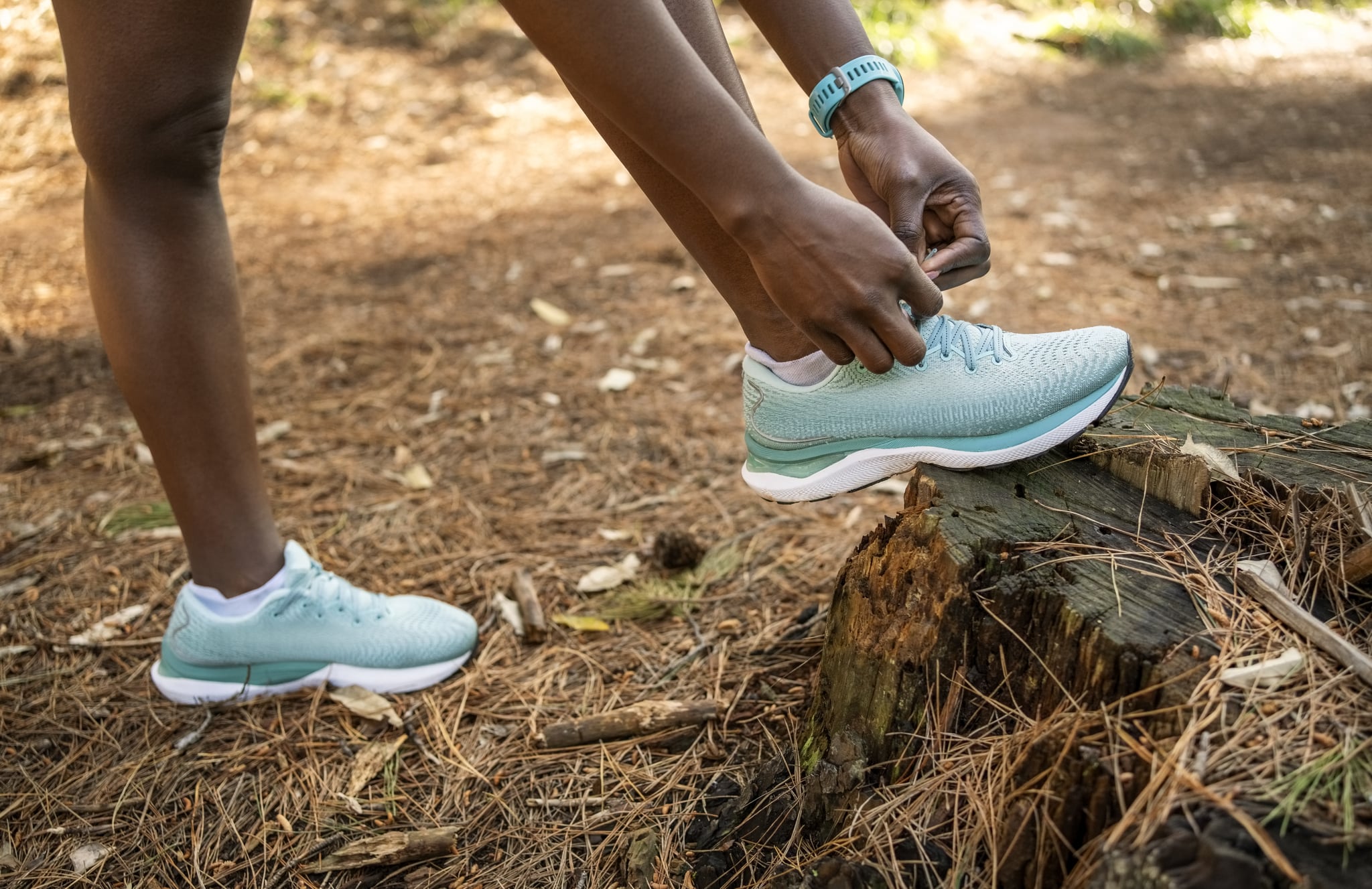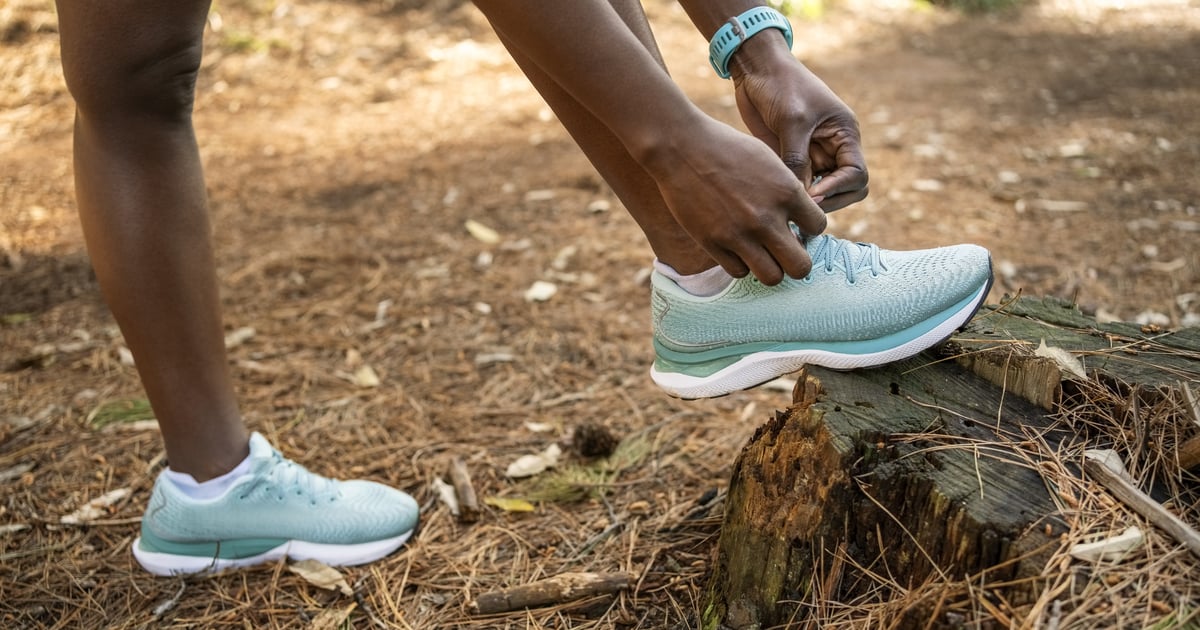
I arrived at boarding school on an unbearably humid day in September of 1989, my curiosity about everything I would experience during my years there an untamed fireball. The school required extracurriculars, and there were so many things I looked forward to trying, from sports to Glee Club to theater.
After attending orientation, touring the campus, moving into my dorm room, and meeting my roommates, it was time to choose our afternoon activities.
Despite the fact that I’d never been on any sort of athletic team, I knew I wanted to try out a sport, but which one? As I strolled down the massive hill from the dorms to the fields, I looked to my left and the girls playing soccer already looked tired. Later, I heard they’d had to do ten laps of the field to warm up.
“Oh, I won’t be doing that,” I thought to myself.
I ruled out volleyball and dance similarly quickly — I didn’t want to be stuck inside all fall, and never felt drawn to dance. That left me with one choice: field hockey.
I had no clue what I was in for. All I knew was that it kind of looked like ice hockey, but on grass? A group of athletic looking, tanned girls had already congregated on the field, chatting and laughing, and the coach was greeting everyone with smiles and high fives.
“Oh, I think this is where I want to be. They look like they’re having so much fun!” I thought.
After introducing ourselves and some light stretches led by the team captain, we began our warmup: running five laps around the grassy field. With my treadless Keds on, I started sprinting in an attempt to match everyone else’s speed — and just as quickly burned out. My asthmatic lungs weren’t accustomed to such cardiovascular demands. I slowed down to a walk, gasping for breath, and when I was ready again, I started with a slow jog, a feat that was still difficult to maintain. But I persevered; even though everyone lapped me several times, I finished all five laps.
After that, I thought I had nothing left.
But then, everyone began prepping for the timed mile.
I was stunned. I had no idea how long it would, or should, take me to run a mile, or even if I’d survive more of this running thing. But I tried it — and I did survive, and even managed to complete the next two and a half hours of practice, still standing but completely, absolutely spent.
I was also oddly energized. The runs, the dribbling with our hockey sticks, the line drills, the pivots, and more running at the end had taken everything from me, but had also given me several gifts: the gift of perseverance, of rolling with the punches, of simply trying my best, of expecting nothing of myself, but being rewarded with delightful surprises.
I had no idea if the coach would let me onto the team after I’d struggled so spectacularly through the tryouts. But that evening, my name appeared on the team list, alongside a position. Mirna Valerio, Defense: Half-Back.
I didn’t know what any of that meant, but I didn’t care. I’d made the team, and I vowed to contribute as much as I could, and to make sure Coach Harrop knew I was grateful for her belief in me.
This was my first running motivation — to thank my coach (who I’d eventually write about in my book) and to improve my running, since there was so much of it in field hockey. I got up early the next morning, and ran those five laps of the field on my own. A day or two later I did it again, and again, retracing my steps a few times a week until I became a better runner and more fit athlete.
Then, I simply fell in love with running for the sake of running and all that it gave me.
In college, I revisited running over and over again because it was the thing that reminded me of myself in a happier place, in a happier state of mind. I used it to become fit again after a period of being too busy to do anything but toil over economics problem sets in my study carrel on the deserted and eerily quiet sixth floor of Oberlin’s Mudd Library, or practicing scales and vocal exercises in the stuffy and often smelly practice rooms at the music conservatory.
After college, when I worked in corporate America, running was a welcome respite before and after very long days of feeling both suffocated and enthralled by the tall buildings of midtown Manhattan. It allowed me to explore the beautiful, trail-filled expanse of Van Cortlandt Park, which was across the street from my apartment.
I also joined a running clinic and learned how to run longer distances, just because. I was curious about these events where people lined up for races in Central Park almost every weekend, and even on some summer weekdays. I became one of those people and loved the community that emanated from donning shorts, t-shirts, and running shoes, and moving together as a unified, sweaty body amongst the trees (and cyclists) of the park.
Eventually, though, life got even busier, and I unintentionally took a nearly four-year hiatus from running — four years of forgetting myself. But in 2008, various health issues encouraged me to get back on the treadmill. Running reversed my health problems, and reignited my love for the sport. When my body and spirit were ready to race again, I jumped back into 5Ks and 10Ks that had initially given me a running community. After a year of rebuilding my fitness and working on my responsibility to care for myself, I began running longer distances to satisfy my need to be outside, moving my body in harmony with the natural world. I came home to myself, re-establishing my relationship with my body and its potential to do great things, just like it had done before.
When I moved to North Georgia a few years later, running became a way for me to get to know my new neighborhood. I’d go out into the morning, with its fog burning off, revealing the peaks of the Southern Appalachians, and shuffle my legs and feet up and down relentless hills. During those runs, I became intimately familiar with the terrain and her people.
This year will mark my 35th year as a runner, 35 years since I joined that field hockey team and struggled through five laps. And over the past year, what’s driven me to lace up my sneakers and head out the door has changed yet again.
On March 8, I’ll join the start line with nine other incredible women at the Lululemon Further Initiative Six Day Ultramarathon. I’ll try to beat my own personal record of 120 miles during those six days, and I’ll also have an opportunity to pay homage to the sport, all it has given me, and all that I’ve been able to do because of it.
This is the biggest running challenge I’ve ever faced, and I’m nervous — anxious, even — despite the fact that I’ve already done two six-day races. This one is different.
For one, I’ll be pushing myself to run the farthest distance of my career. Accomplishing that feat will require stamina, grit, and, of course, a little bit of luck with weather, health, and any hitches that dare to show themselves.
But as I approach the end of my training cycle for this race, something else has been driving me too. I’ve run enough long distances to know that we can’t always anticipate what we’ll take away from a race, how much of ourselves we’ll leave on the course, and how far we’ll be inspired to go next.
When I ran those five laps in 1989, I was only hoping to join a field hockey team; I didn’t know I was taking the first few steps in what would become a lifelong running adventure. When I started running again in 2008, I was only hoping to improve my health; I didn’t know that I’d end up feeling like I’d rediscovered myself as well. Time and time again, I ended up going, well, “further,” and beyond my wildest dreams.
So in preparing for this ultra, I’ve found myself asking, “What will my ‘further’ be?” I welcome the possibility, the potential of the unknown, the self-knowledge that will deepen. This moment almost definitely will be a life pinnacle. Or will it be the start of some other glorious thing?
Running is and always has been a lifestyle for me. It brings me a sense of coming back home to myself, my natural curiosity, and the feeling that I could do and try anything. It was a starting point, a during point, a reference point. And this is what truly motivates me, even though that motivation has presented itself differently throughout the years.
Anytime I’ve felt lost, or disconnected from my body, running has always been there. When I have needed to return to health, running has been there for me. When I needed a mental break or a pick-up, it was there for me too. That’s motivated me to run over the last 35 years; the sense and knowledge that running doesn’t care who I am or what I look like, or where I’m from. It only cares if I visit it when I need to, and it always, always gives back.
Mirna Valerio is a former educator, cross-country coach, ultrarunner, and author of the memoir, “A Beautiful Work in Progress.” In addition to POPSUGAR, her writing has been featured in Women’s Running Magazine, Self Magazine Online, Outside Online, and Runner’s World Magazine.
